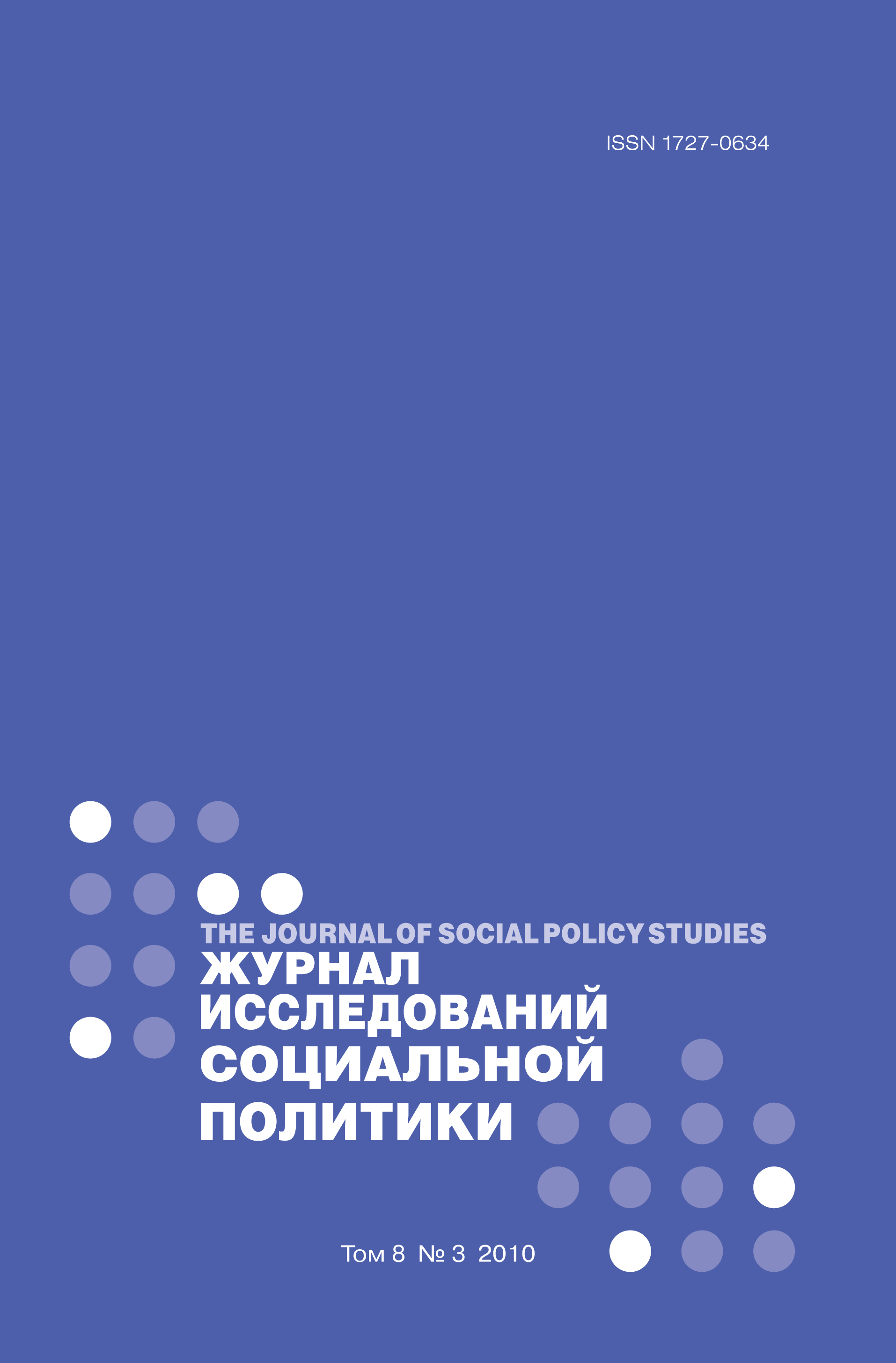Everyday tactics and spaces of power: the role of informal economies in post-Soviet Ukraine and the impact on social policy
Abstract
The introduction of a market economy in Ukraine over the last twenty years has been far from straightforward. Its main features have been economic contraction rather than growth, uncertainty and economic marginalisation for many Ukrainians. Rather than the promised economic miracle, oligarchy and corruption have been more apparent features. Utilising de Certeau’s concepts of daily life and his delineation between strategies and tactics as everyday practices, this article examines the role of informal economies in post-communist Ukraine. Based on 700 household surveys and seventy-five in-depth interviews, conducted in three Ukrainian cities, the paper argues that individuals and households have developed a wide range of tactics in response to the economic marginalisation the country has endured since the collapse of the Soviet Union. Firstly, the paper details the importance of informal economies in contemporary Ukraine while highlighting that many such practices are operated out of necessity due to low wage and pension rates and high levels of corruption in the country. After an exploration of these survival tactics, the paper then examines how unequal power relations shape the spaces in which these practices operate in and how these spaces can simultaneously be both a site where the exploitation of the economically marginalised takes place and a place where resistance to this marginalisation occurs. The paper makes the rather pessimistic conclusion that the very manner in which these economic spaces are shaped precludes the development of social policies that might benefit the economically marginalised. Such practises in a strange way support the current system and what is needed is for the state to see in informal activities not only a desire to avoid taxation but forced actions of people who are trying to survive in an economic system scarred by corruption, low wages and oligarchy. The failure of the state to work out new solutions to these problems and battle corruption means the ‘fog’ that hangs over links between the private and public sectors is not cleared. Without this, the formulation of effective social policy remains very difficult in Ukraine.















